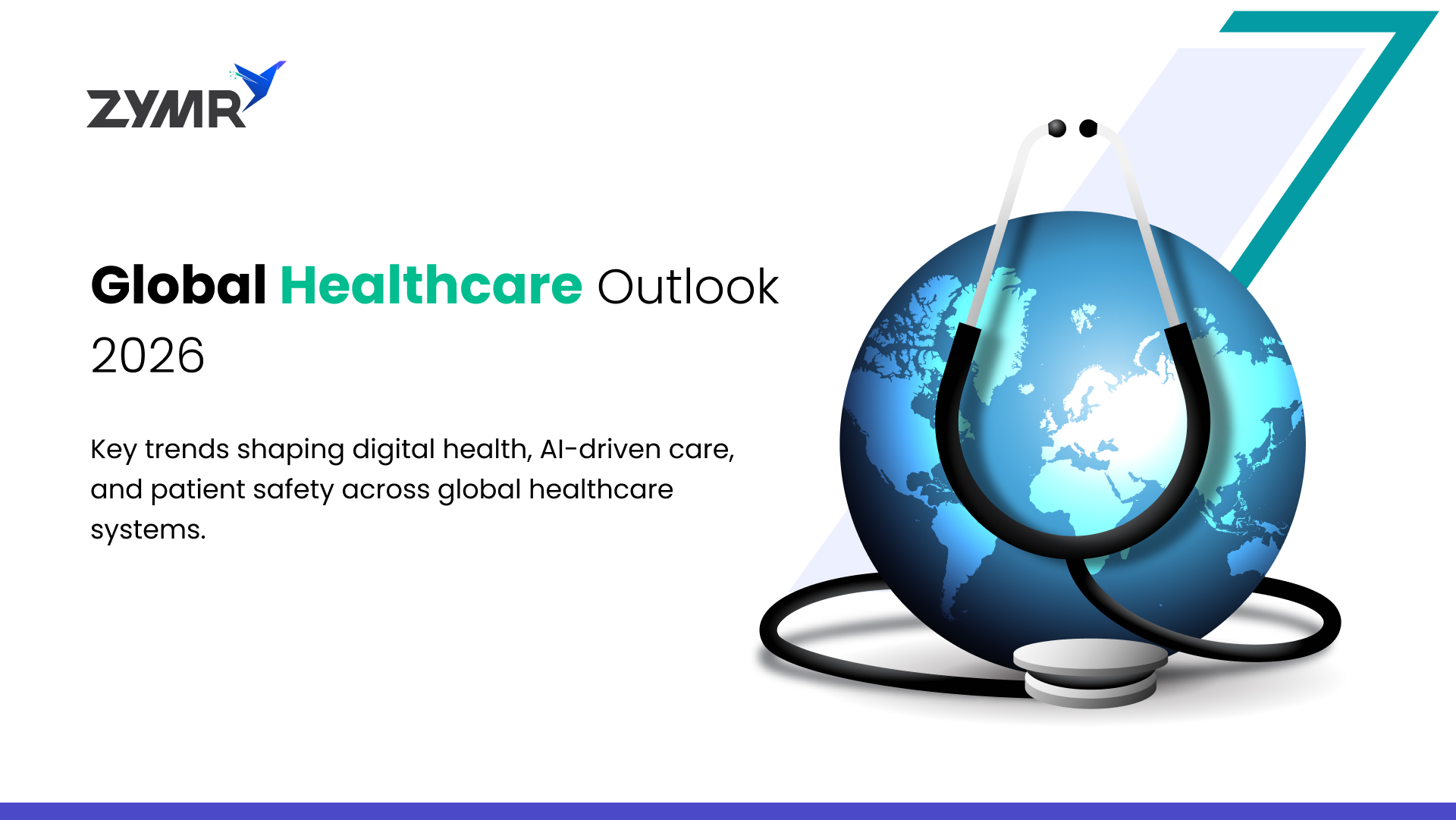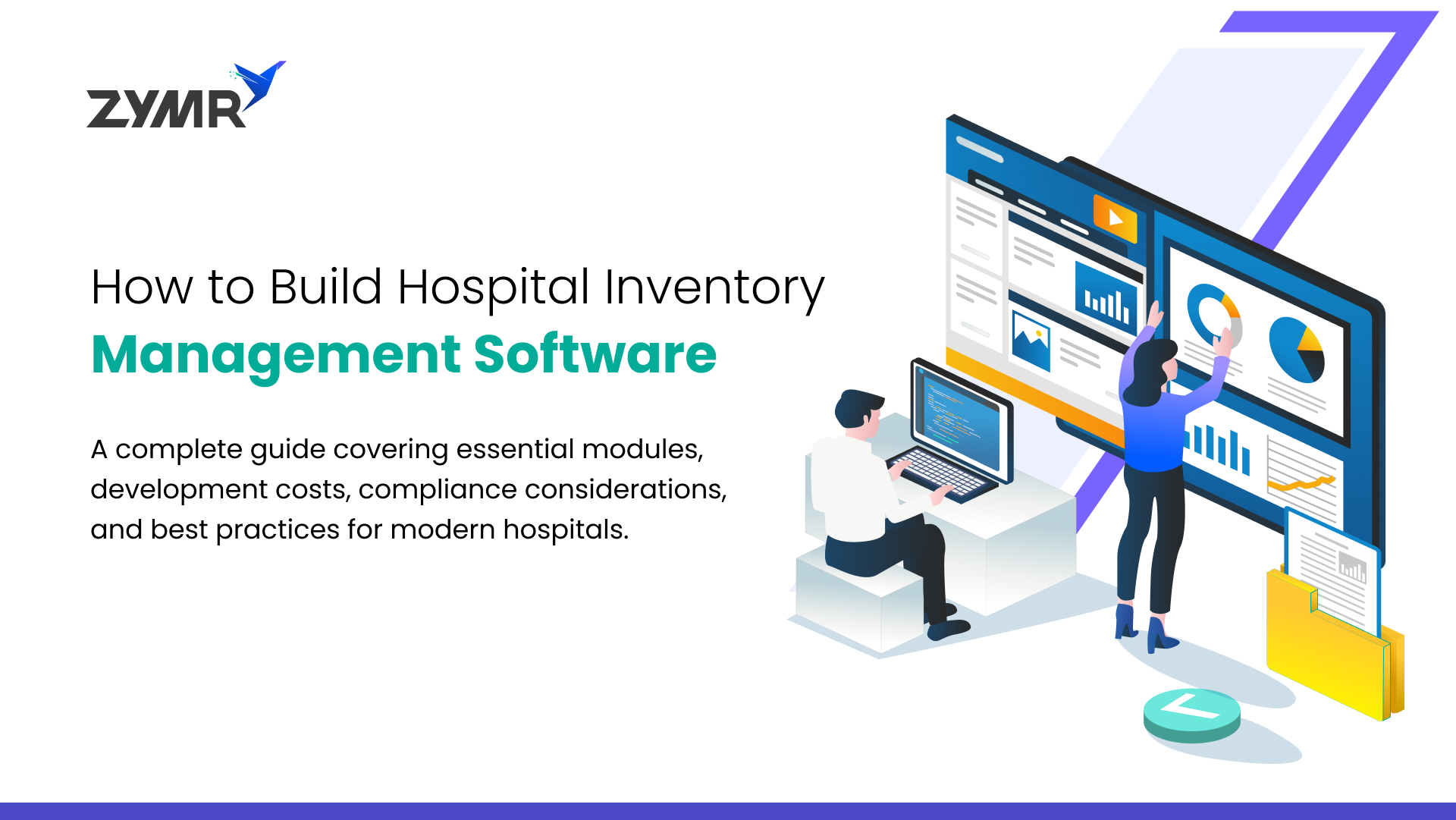Every organization is excited to expand its infrastructure footprints in the cloud. While the decision looks simple on the surface, the reality is different. In the market where everyone claims to be the best - It is critical to decide on the cloud vendor whose services best fit your business needs. Amazon, Microsoft, and Google are the 3 major giants that are ruling the cloud market. AWS is enjoying the dominance as it has a bigger market share compared to Azure and GCP. Each of them is unique and offers various different options to their customer base. AWS has the largest data centers with a recognition as a benchmark of cloud service quality, Whereas, Azure wants to capitalize on its easy to integrate MS tools with Azure cloud. Likewise, GCP has the best pricing models to help customers who have cost concerns. This blog aims to compare leading cloud vendors AWS vs. Azure vs. GCP. Let’s check them out.
Exploring AWS
Amazon is undoubtedly a pioneer of cloud computing technology and today AWS is considered as the benchmark of cloud service quality. With more than 170+ services, it leads the market in respect to products and customers. AWS offers IaaS offerings that are categorized into computing, database, content delivery and storage, and networking. AWS facilitates a smooth data collection flow with the use of serverless services like Amazon Kinesis Streams, Amazon SQS Queues, and AWS Lambda Functions. AWS Lambda deploys every function in the Lambda environment on servers that run Amazon Linux. Lambda functions can interact with different services on the AWS cloud or elsewhere in a multitude of ways, however, the function deployment is confined to the Lambda service. AWS helps organizations improve productivity and propel growth. It helps them to choose the operating system, web application platform, database and programming languages as per their needs.
AWS is famous for,
- Computing
- Storage solutions
- Cloud app integration
- Analytics
- Machine learning
- Productivity and developer & management tools
Compute Services:
1) AWS Beanstalk
2) Amazon EC2
3) Amazon EC2 Auto-Scaling
4) Amazon Elastic Container Registry
5) Amazon Elastic Kubernetes Service
6) Amazon Lightsail
7) AWS Serverless Application Repository
8) VMware Cloud for AWS
9) AWS Batch
10) AWS Fargate
11) AWS Lambda
12) AWS Outposts
13) Elastic Load Balancing
Storage Services:
1) Simple Storage Service (S3)
2) Elastic Block Storage (EBS)
3) Elastic File System (EFS)
4) Storage Gateway
5) Snowball
6) Snowball Edge
7) Snowmobile
Database Services:
1) Aurora
2) RDS
3) DynamoDB
4) ElastiCache
5) Redshift
6) Neptune
7) Database Migration Service
Security:
AWS Security Hub
Load Balancing:
Elastic Load Balancing
Compliance:
AWS CloudHSM
Win multi-cloud with confidence. Talk to us!
Exploring Azure
Azure is a public cloud computing platform by Microsoft with solutions spanned across IaaS, PaaS, and SaaS with 100+ services. Those solutions are used for services like virtual computing, analytics, storage, networking, and etc. Azure can improve and implement backup and disaster recovery because of its flexibility, site recovery, and built-in integration. It can effectively develop web and mobile apps as it is known for patch management, AutoScale, and integration. Organizations leverage Azure to link web apps to an on-premise app. Its flexibility and scalability make it an ideal resource for organizations looking for IoT solutions. Azure Functions and be considered as flexible as well as complex on how users deploy serverless functions as part of a large workload.
Azure is famous for,
- DevOps features
- Cloud development platform
- Blockchain technologies
- Predictive analytics
- Comprehensive IoT integration
Compute Services:
1) Platform-as-a-service (PaaS)
2) Function-as-a-service (FaaS)
3) Service Fabric
4) Azure Batch
5) Cloud Services
6) Container Instances Batch
7) Azure Container Service (AKS)
8) Virtual Machines Compute Engine
9) Virtual Machine Scale Sets
Storage Services:
1) Blob Storage
2) Queue Storage
3) File Storage
4) Disk Storage
5) Data Lake Store
Database Services:
1) SQL Database
2) Database for MySQL
3) Database for PostgreSQL
4) Data Warehouse
5) Server Stretch Database
6) Cosmos DB
7) Table Storage
8) Redis Cache
9) Data Factory
Security:
Azure Security Center
Load Balancing:
Load Balancing for Azure
Compliance:
Azure Trust Center
Exploring Google Cloud
As a relative newcomer and a developer-focused cloud-based platform, Google Cloud Platform (GCP) is rapidly catching up to its competition. GCP is a suite of cloud services that are hosted on the infrastructure of Google. With 100+ services, it is known for superior scalability, hasslefree setup and configuration, using well-known languages like Java and Python, data load balancing, quick response time, etc. GCP is getting recognition for high-end computing, cloud developer tools, and machine learning. Google Cloud Functions store functions in Google's Container Registry with the use of container images.
Google cloud is famous for,
- Business analytics
- Cloud app development
- Productivity management
- Data storage and management
- AI and machine learning engines
Compute Services:
1) App Engine
2) Docker Container Registry
3) Instant Groups
4) Compute Engine
5) Graphics Processing Unit (GPU)
6) Knative
7) Kubernetes
8) Functions
Storage Services:
1) Cloud Storage
2) Persistent Disk
3) Transfer Appliance
4) Transfer Service
Database Services:
1) Cloud SQL
2) Cloud Bigtable
3) Cloud Spanner
4) Cloud Datastore
Security:
Cloud Security Command Center
Load Balancing:
Cloud Load Balancing
Compliance:
Google Cloud Platform Security
Conclusion
Looking For Multi-Cloud Services? Zymr Can Help.
We can jumpstart your multi-cloud transformation journey to yield agility benefits for your business. Unlock innovation and modernize your enterprise business by advancing your cloud initiatives with our multi-cloud services.
FAQs
>
>
>
>
>
Have a specific concern bothering you?
Try our complimentary 2-week POV engagement
Our Latest Blogs

January 15, 2026
Global Healthcare Outlook 2026: Key Trends in Digital Health, AI, and Patient Safety

January 15, 2026
Top 10 Healthcare IT Services Companies Transforming Healthcare Delivery(2026)

January 15, 2026






.svg)
.svg)
.svg)
.svg)
.svg)
.svg)
